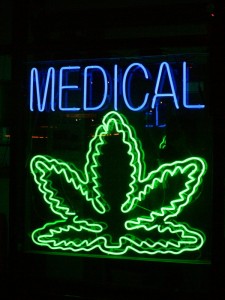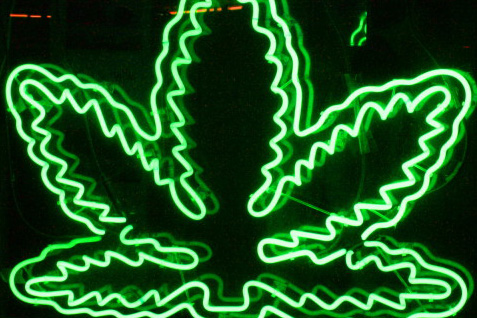 A Colorado commission that has been reviewing the state’s marijuana policies over the past few months is set to deliver suggestions to the Drug Policy Taskforce on Wednesday. The group has still not reached a conclusion on the main issue of setting a legal THC impairment limit while driving.
A Colorado commission that has been reviewing the state’s marijuana policies over the past few months is set to deliver suggestions to the Drug Policy Taskforce on Wednesday. The group has still not reached a conclusion on the main issue of setting a legal THC impairment limit while driving.
The Drug Policy Taskforce will in turn provide suggestions to the Colorado Commission on Criminal and Juvenile Justice (CCCJJ), of which it is a division. The CCCJJ is charged with, among other things, conducting and reviewing studies and recommendations from various committees as they pertain to criminal and juvenile justice practices in the state.
The DUID-Marijuana Working Group was formed in response to Colorado House Bill 1261, defeated last April, that proposed a legal impairment limit of 5 nanograms of THC per milliliter of blood in an effort to solidify marijuana-related DUI laws.
More than 400 people were killed in crashes involving a driver that tested positive for drugs between 2006 and 2010, accounting for 16 percent of all traffic fatalities in the state, according to Colorado’s Department of Transportation.
HB 1261 cleared Colorado’s House, but was shelved by the Senate Judiciary Committee amid growing concerns the 5 nanogram limit was too strict due to the lingering presence of THC after a patient is sober. The bill was held, at least in part, due to lack of evidence that a specific blood content level indicates intoxication.
Opponents on both sides of the political spectrum called for changes in the bill, suggesting both lower and higher thresholds of intoxication.
Members of the DUID-Marijuana Working Group told Denver Westword the limits would do little for public safety since blood test results would not be available on the spot. Rather, the committee will suggest an increase in the number of Drug Recognition Experts (DRE) in the field. DREs are law enforcement officials specifically trained to recognize impairment in drivers under the influence of drugs other than, and in addition to, alcohol.
Medical marijuana use in Colorado has been legal since 2000. Perspective patients are required to submit a recommendation from a physician with a valid DEA license to be considered for the program.
It is unclear if a bill similar to HB 1261 will be introduced during the next legislative session.
Photo credit: Caveman Chuck Coker/Flickr

If 16% was for drugs then what was the percentage for alcohol? My guess would be somewhere around 70% of the accidents were alcohol related which is another reason why Marijuana should not be considered as a drug.
This story seems a bit biased because it does not clarify the percentage of the population that tested positive for Marijuana. It basically sums them all together into one group in order to to persuade others into believing it was only marijuana which is probably why HB 1261 failed anyway because it would have been unconstitutional.
There is NO test that can measure impairment from MMJ like the breathalyzer can with alcohol. The “per se” part of that bill could have jailed thousands of patients where MMJ was merely in their system, but they had not medicated before driving. It would be like taking a drink of alcohol yesterday, and then failing a breath test today. You are not impaired, but it was still in your system. Put yourself in the patients’ shoes. We are people too.